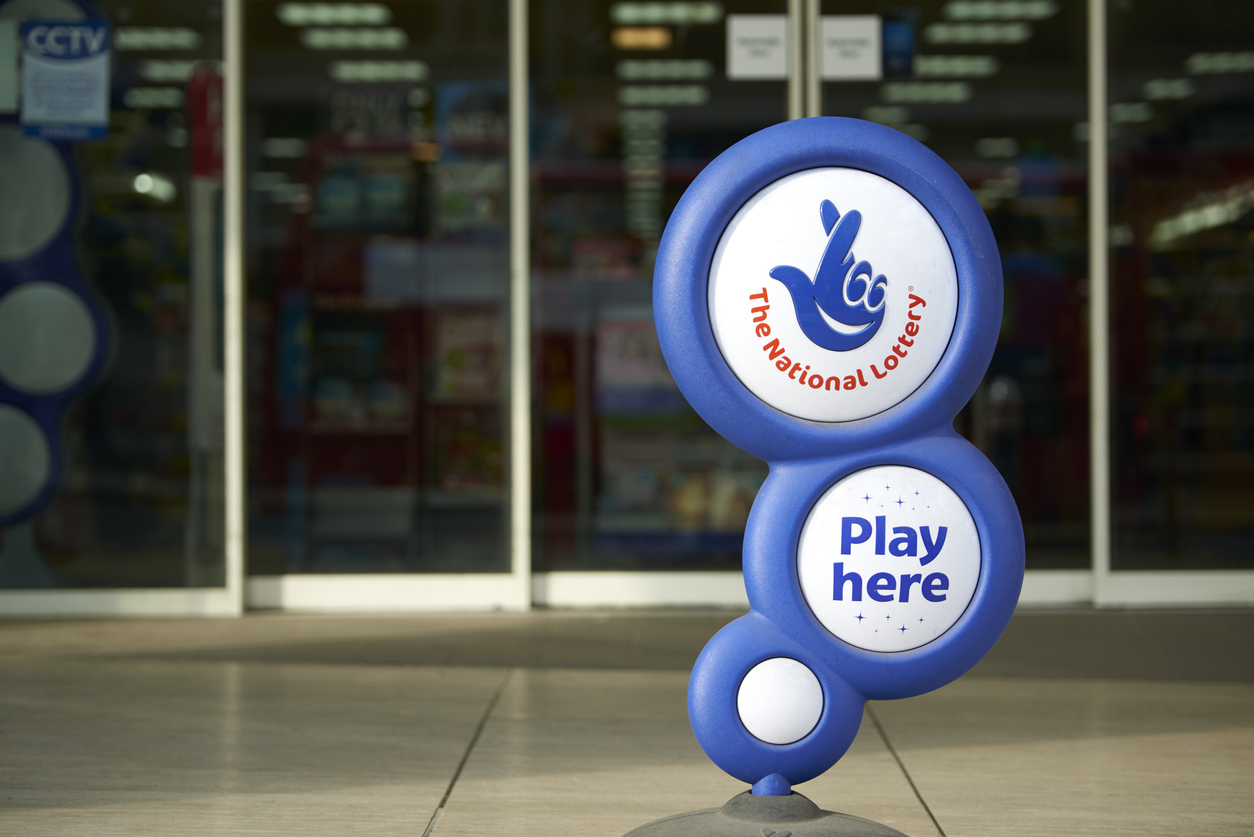Creating and maintaining a familiar and respected brand can be one of the most difficult things for any business owner. While you might look to competitors for inspiration when crafting your own brand, it might surprise you to learn that you could do just as well to follow in the footsteps of the National Lottery. Since launching in 1994, the lottery has become a British institution, paying out over £59 billion in prize money while raising over £38 billion for charities.
From adapting with consumer behaviour to boosting positive brand reputation, the National Lottery has managed to grow alongside its customer base, and remain as popular as ever.
Improve online interaction for customers
Every brand should already be doing making the most of their social media presence, but there are still steps businesses can take to extend their reach. Instead, this entails looking at imaginative ways your customers can interact with your brand, and with each other, online. This could be helping them find quick responses to issues or queries, or providing a place for users to engage with one another.
After launching in 1994, the National Lottery needed to adapt to changing consumer behaviour, especially after the boom of the internet. Players can now buy tickets, check results, and even collect their winnings online, helping the lottery retain its audience. This has since led to more options for users, such as organising and managing lottery syndicates—a group of players who pool their money together to maximise their chances of winning—online. Syndicates are typically made up of colleagues or a group of friends, traditionally requiring the handling of physical cash and entrusting a syndicate manager to be in charge of buying tickets and splitting any winnings. Now, however, online services simplify and automate the process.
Companies like Lotto Social have taken this a step further by allowing single players to enter, who are then automatically assigned a syndicate in an existing group. The company encourages online interaction between users, and provides a members-only area on their website. This enables players to communicate with each other and play bonus draws, keeping them on the website for longer periods of time and encouraging them to spend more money on games while building friendships within the syndicates.
Giving your target audience the chance to interact with—and through—your brand builds a community, and can help encourage repeat visits to your website. This could be with something as simple as letting users leave ratings and reviews on products in exchange for points or vouchers. The added incentive for money off future purchases can work to guarantee more product reviews and interactions, which can encourage new buyers.
Be wary of the risks of social media campaigns
Opening up your brand online and stepping up your social media game can be transformative for your business, but it is risky if you’re not careful. The National Lottery learnt this the hard way after one online campaign went awry.
Teaming up with British Athletics, Twitter users were asked to tweet a post from @TNLUK and include the hashtag #Represent. In return, they would receive a thank you tweet, which included a photo of one of the athletes holding up a sign that showed the account name, which was automatically rendered to save both time and money. However, the Twitterati quickly hijacked the seemingly wholesome campaign, changing their account names to humorous or offensive names and statements. The National Lottery were later compelled to apologise for the campaign going off track.
The campaign was disabled and inappropriate tweets were deleted, but screenshots survived, immortalising the brand’s monumental fail. If you are looking to run a similar campaign, where images or responses will be automatically generated online, make sure you consider the risks. More often than not, if prankster social media users can take over an entire campaign, they will.
Boost your brand’s reputation with charitable donations
A recent survey found that UK consumers are more willing to shop with philanthropical businesses, with 40% of customers even saying they would stop buying from a brand they deemed not ethical enough. Out of the 2,025 consumers polled, 54% admitted they’d like to see sustainably sourced products available for purchase, 38% wanted the company to tackle social issues, and 69% wanted evidence of contribution to the local community.
The National Lottery has recognised this shift towards ethical consumerism, and has started emphasising the charitable side of the game. A large portion of lottery ticket sales funds projects, including donations to youth and sports projects. Noticing the shift to customers wanting to see the local communities benefiting, the focus was switched in late 2018 to helping the homeless. An advertisement featuring homeless people having their hair cut went live as part of the “Amazing Starts Here” campaign, showing off the brand’s charitable side.
The campaign seemed to have worked, as the National Lottery enjoyed an increase of £175.9 million in the first half of the 2018/2019 year in comparison to the same period the year before. Any business will be able to replicate this success by simply highlighting their own charitable efforts, and taking extra care to focus on the local community first while pushing a positive brand identity.



 Bitcoin
Bitcoin  Ethereum
Ethereum  XRP
XRP  Tether
Tether  Solana
Solana  USDC
USDC  TRON
TRON  Lido Staked Ether
Lido Staked Ether  Cardano
Cardano  Avalanche
Avalanche  Toncoin
Toncoin